The Fund for American Studies is currently accepting applications for the Fall 2017 Capital Semester and the Fall 2017 Leadership and the American Presidency programs in Washington, D.C.
Both offer undergraduate students a first-hand look at international affairs and public policy through:
•An internship placement in foreign affairs or public policy
•A full time course load in international economics and government
•Exclusive lectures, briefings and professional development seminars
•Housing just steps from the Supreme Court, Library of Congress and U.S. Capitol building
Students will spend a semester immersed in today’s foreign, domestic, and economic policy. Pavlis Honors College students will receive priority admission and scholarship consideration along with other NCHC members.
These academic internship programs are sponsored by The Fund for American Studies, in partnership with George Mason University.
The goal of these programs is to help students close the gap between theory and practice by developing skills to work on today’s most pressing global and domestic policy issues. The Fund for American Studies is committed to providing an educational experience that will prepare students for a successful career in domestic, economic, or foreign policy and beyond.
Scholarship funding is still available and students should apply by the final deadline of June 1, 2017. Visit www.DCinternships.org/CS for more information on admission and program requirements.
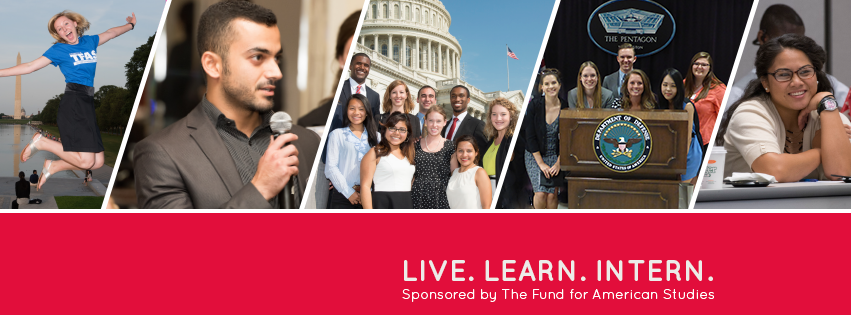
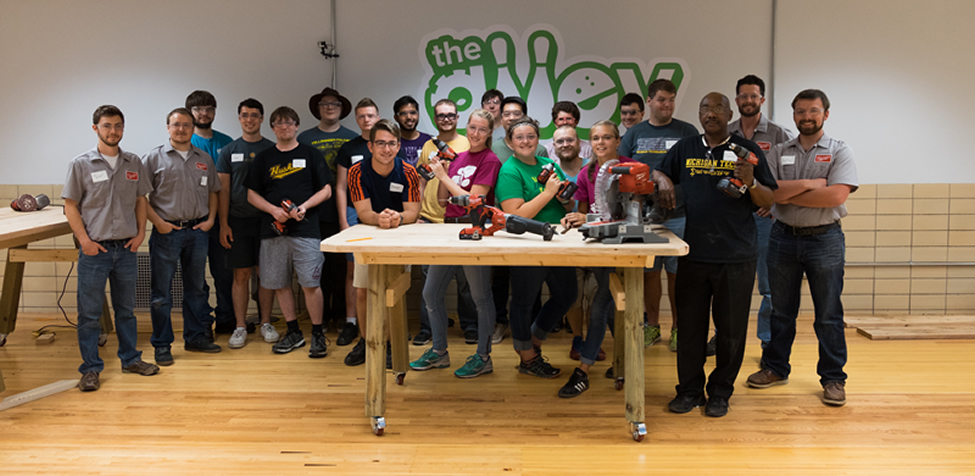
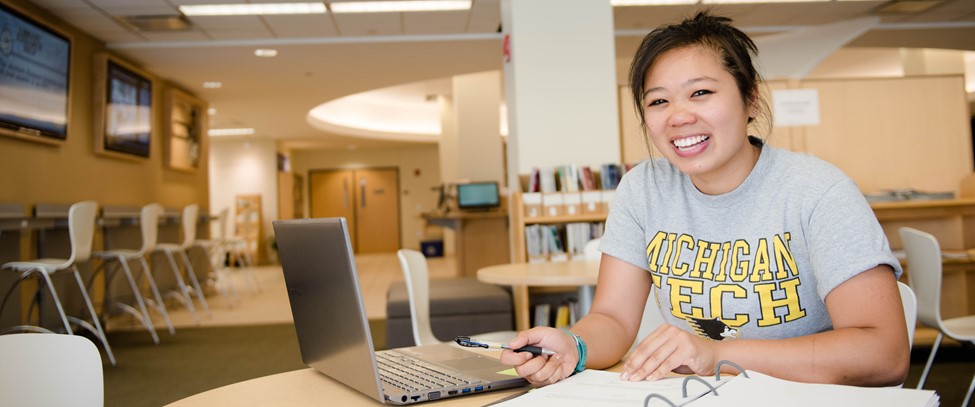
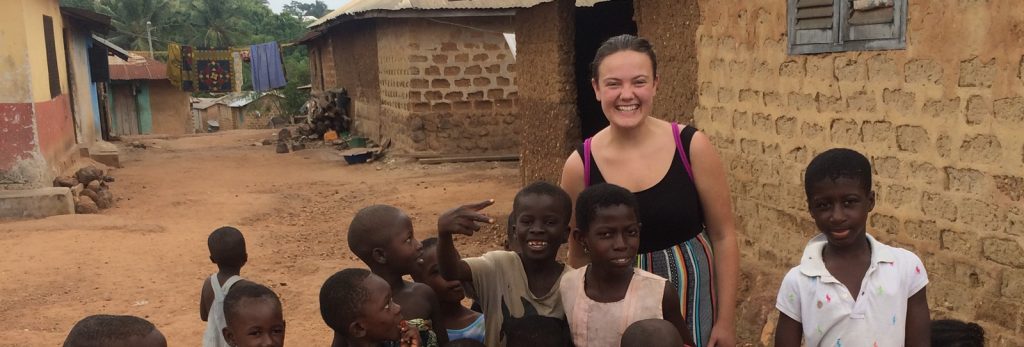
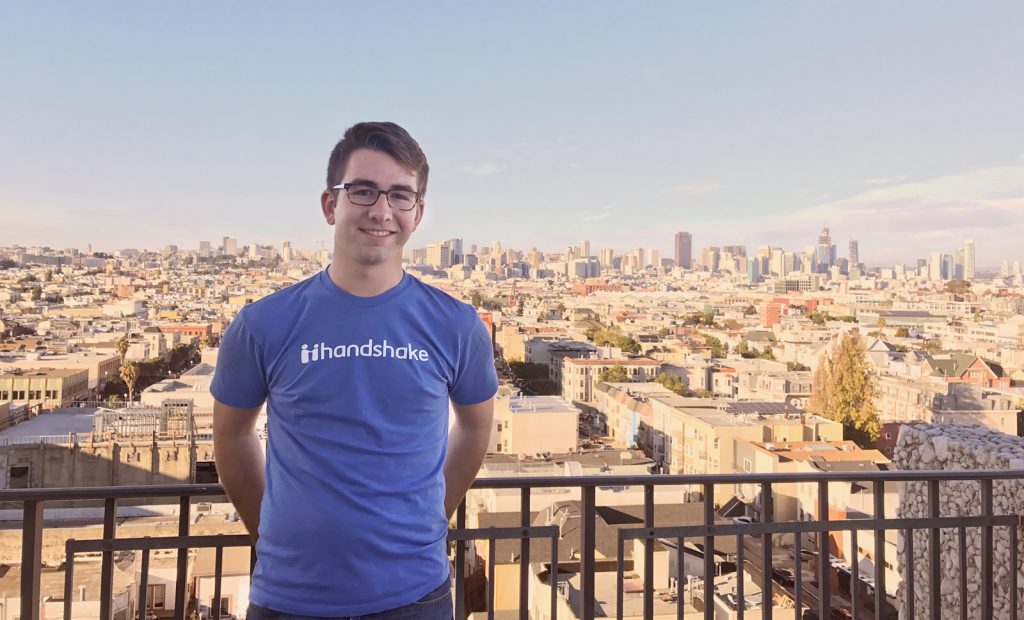

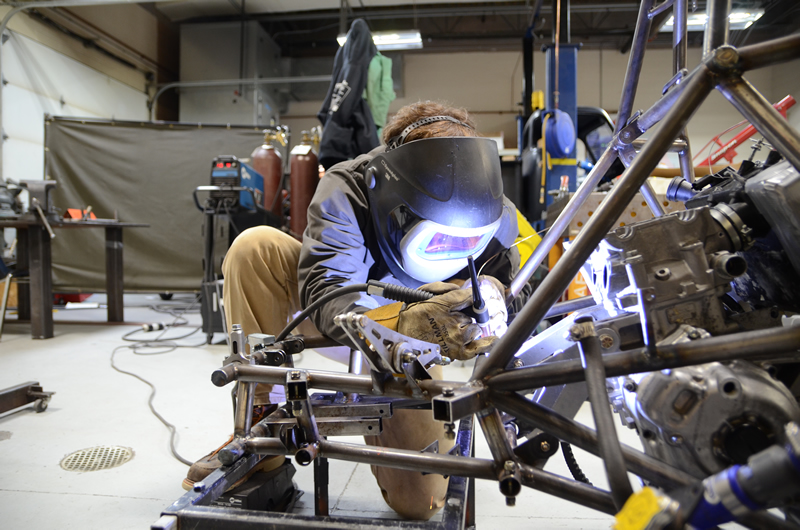
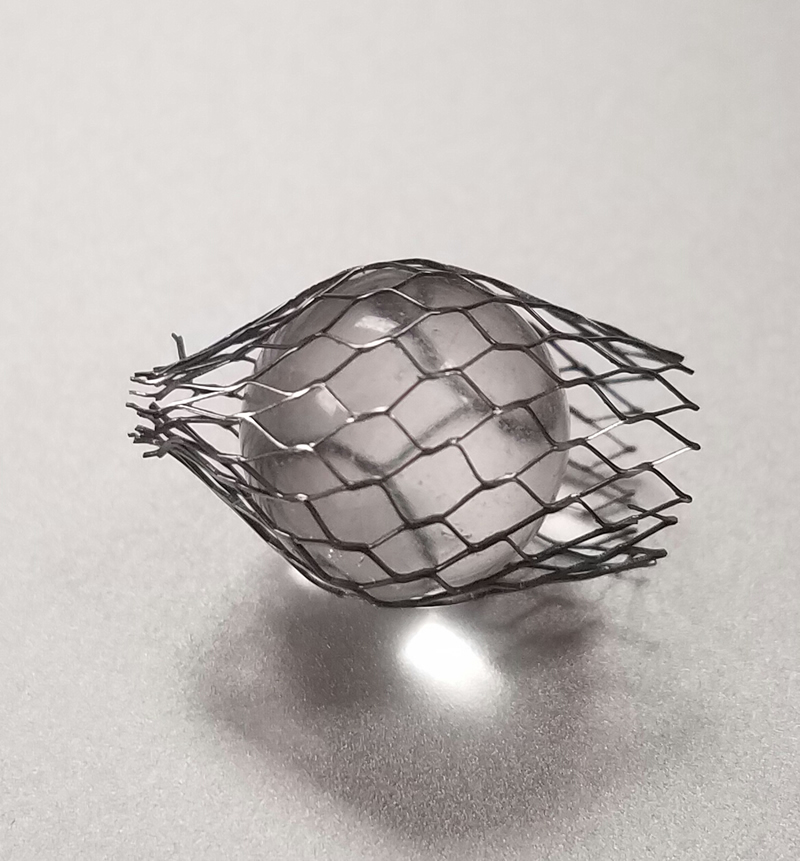
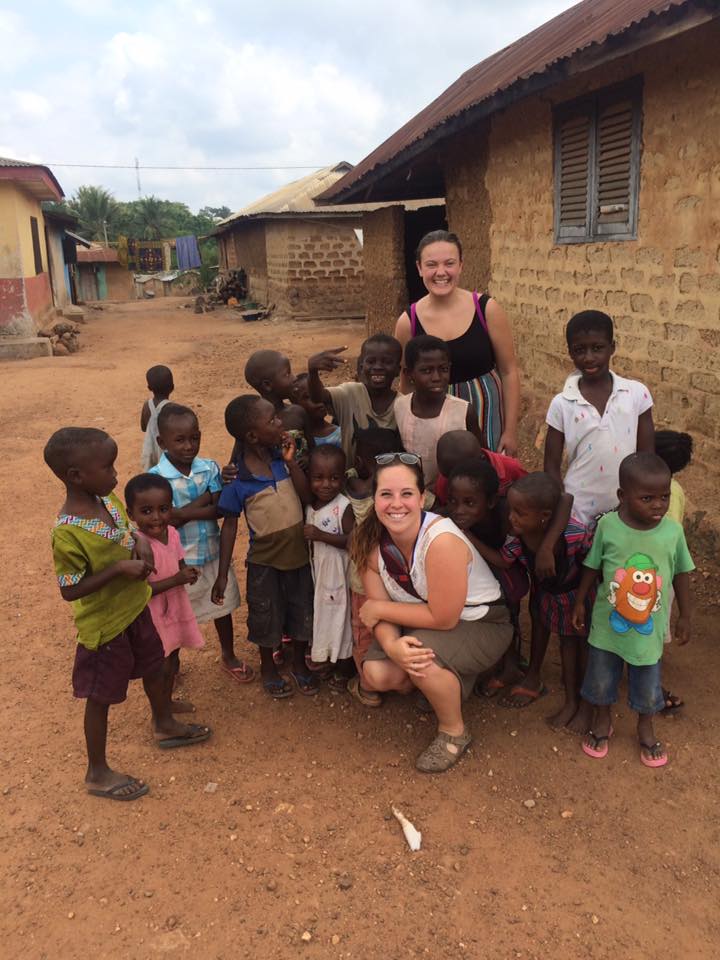

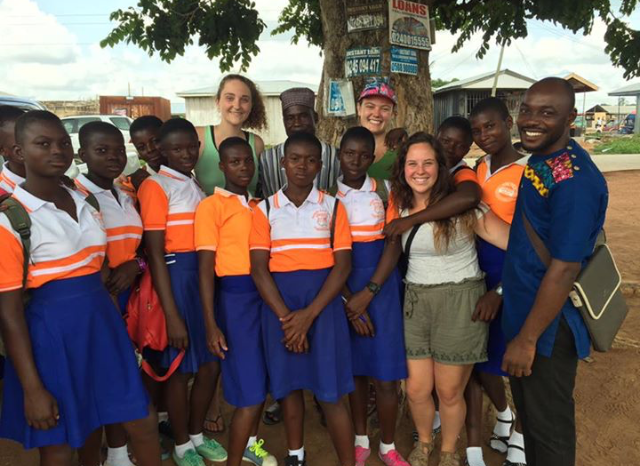
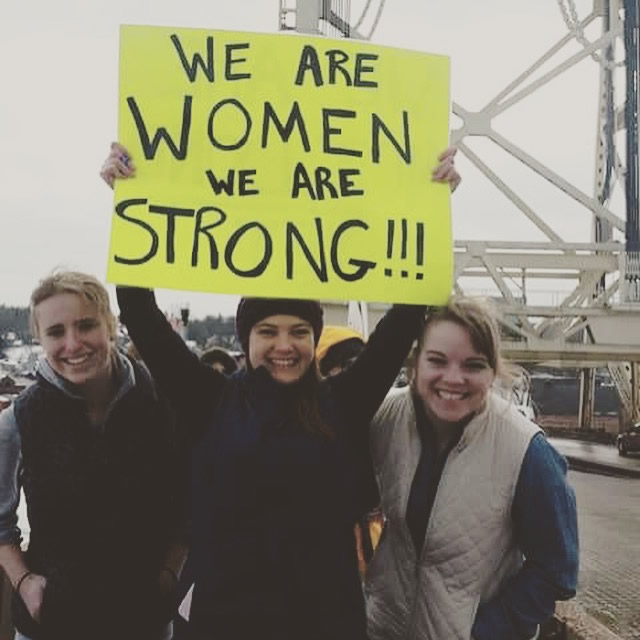
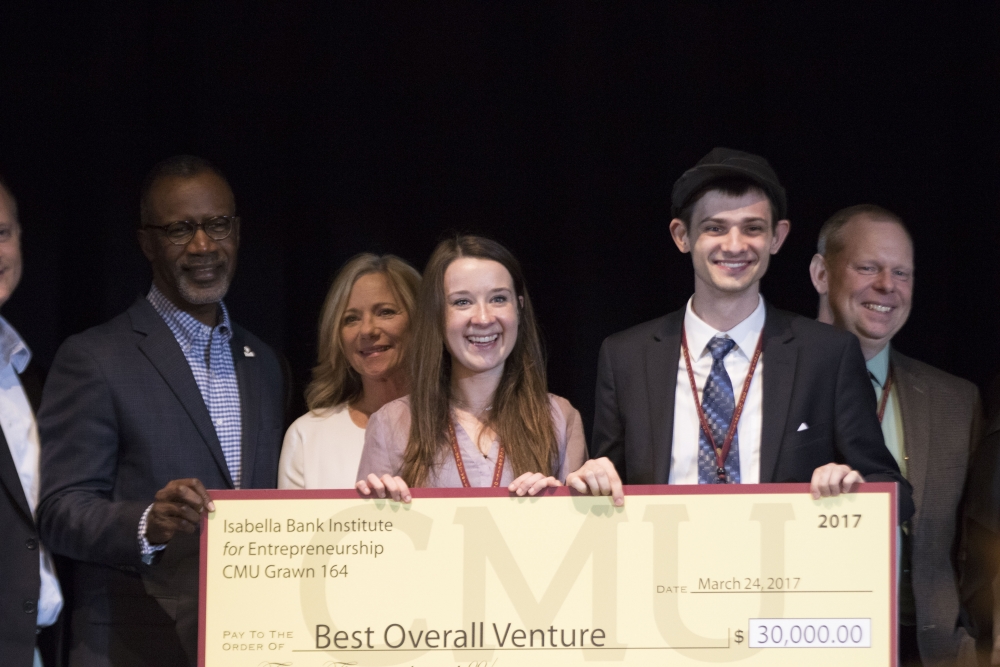
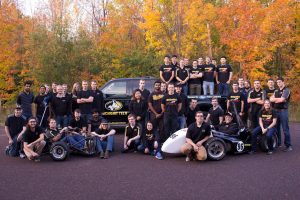
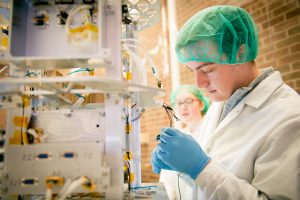
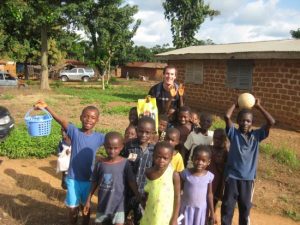
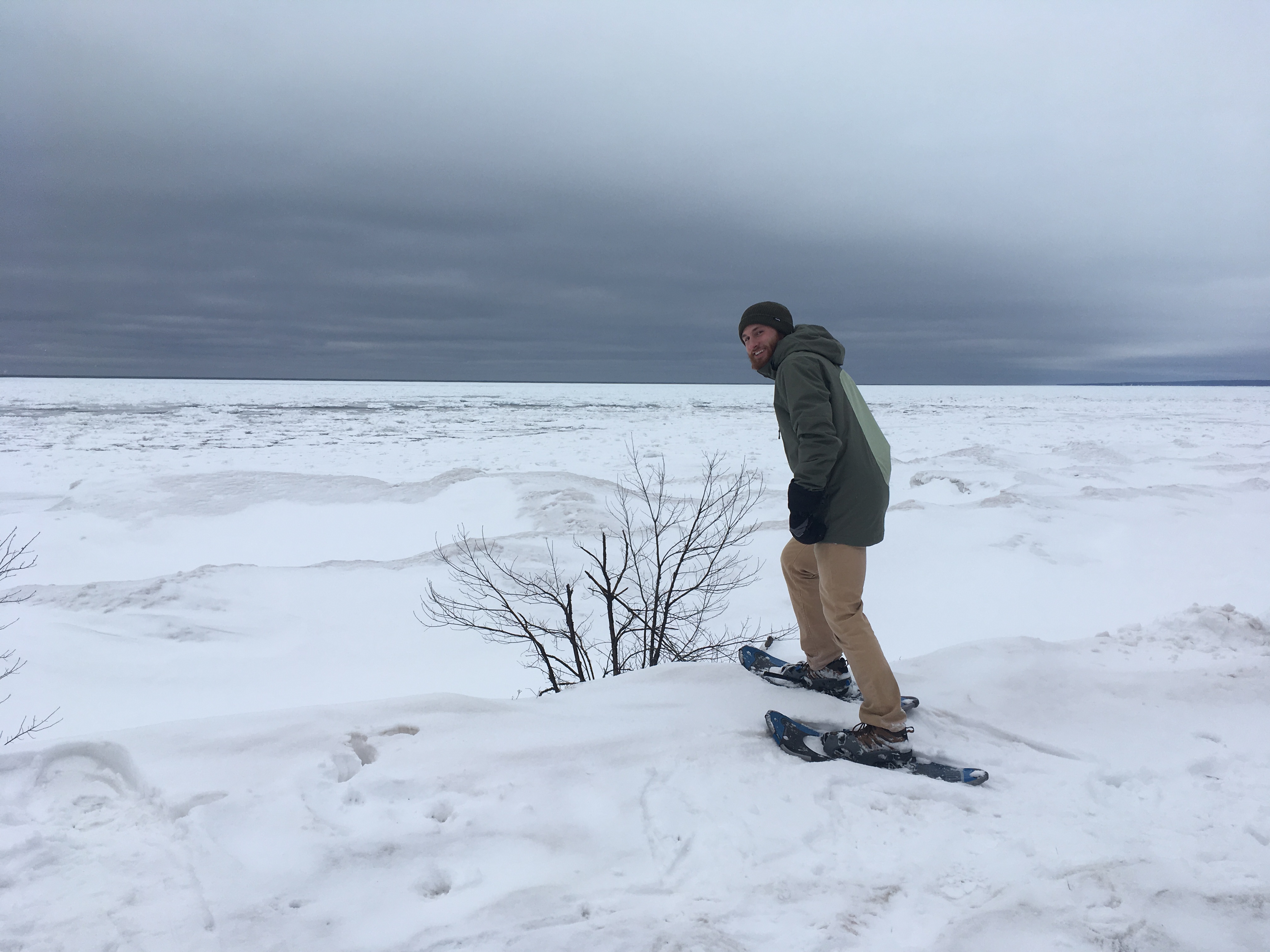
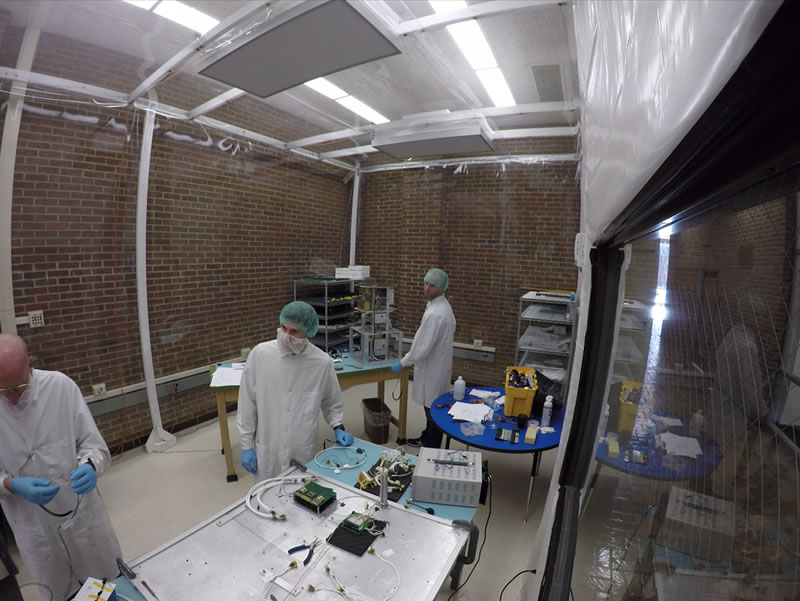
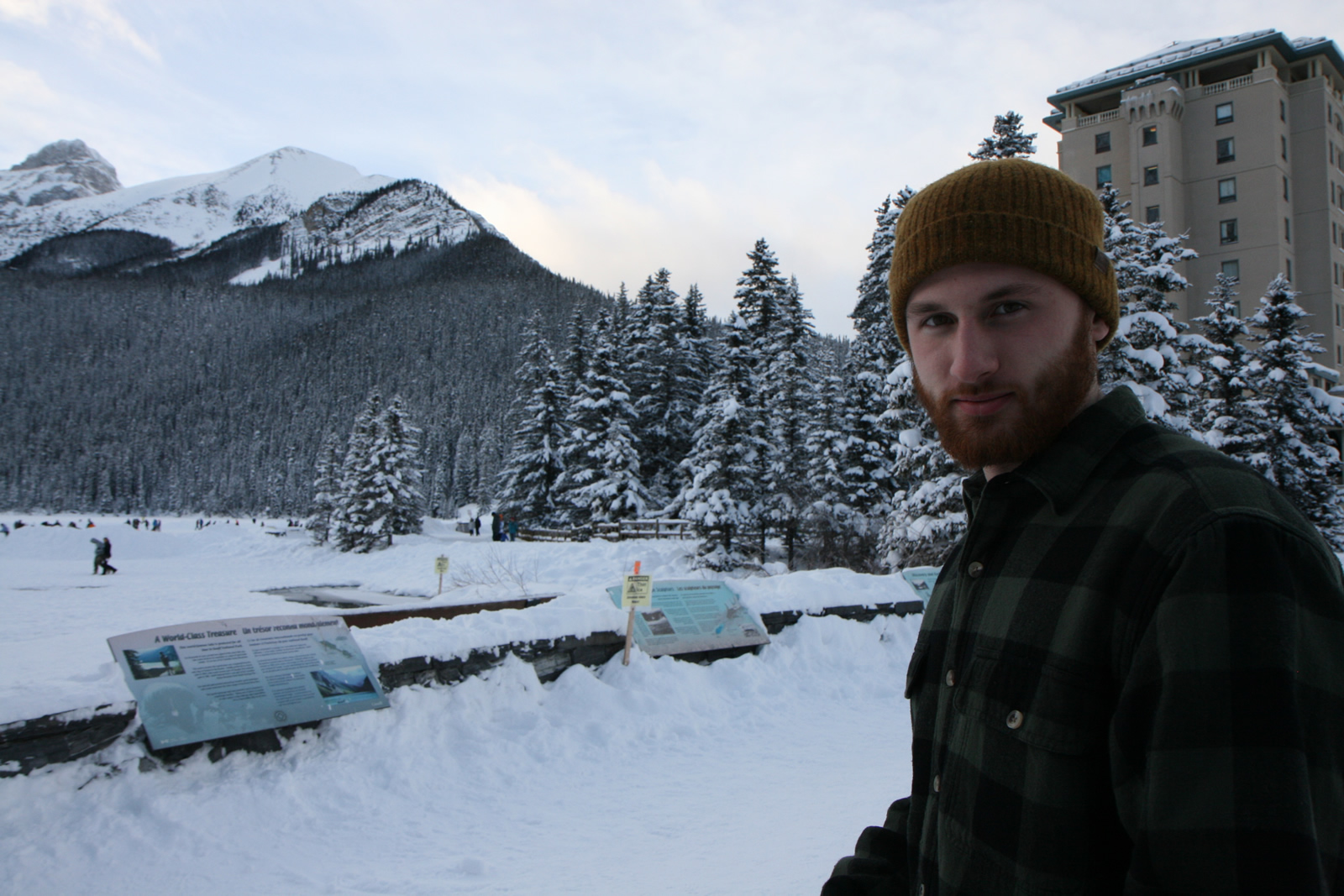
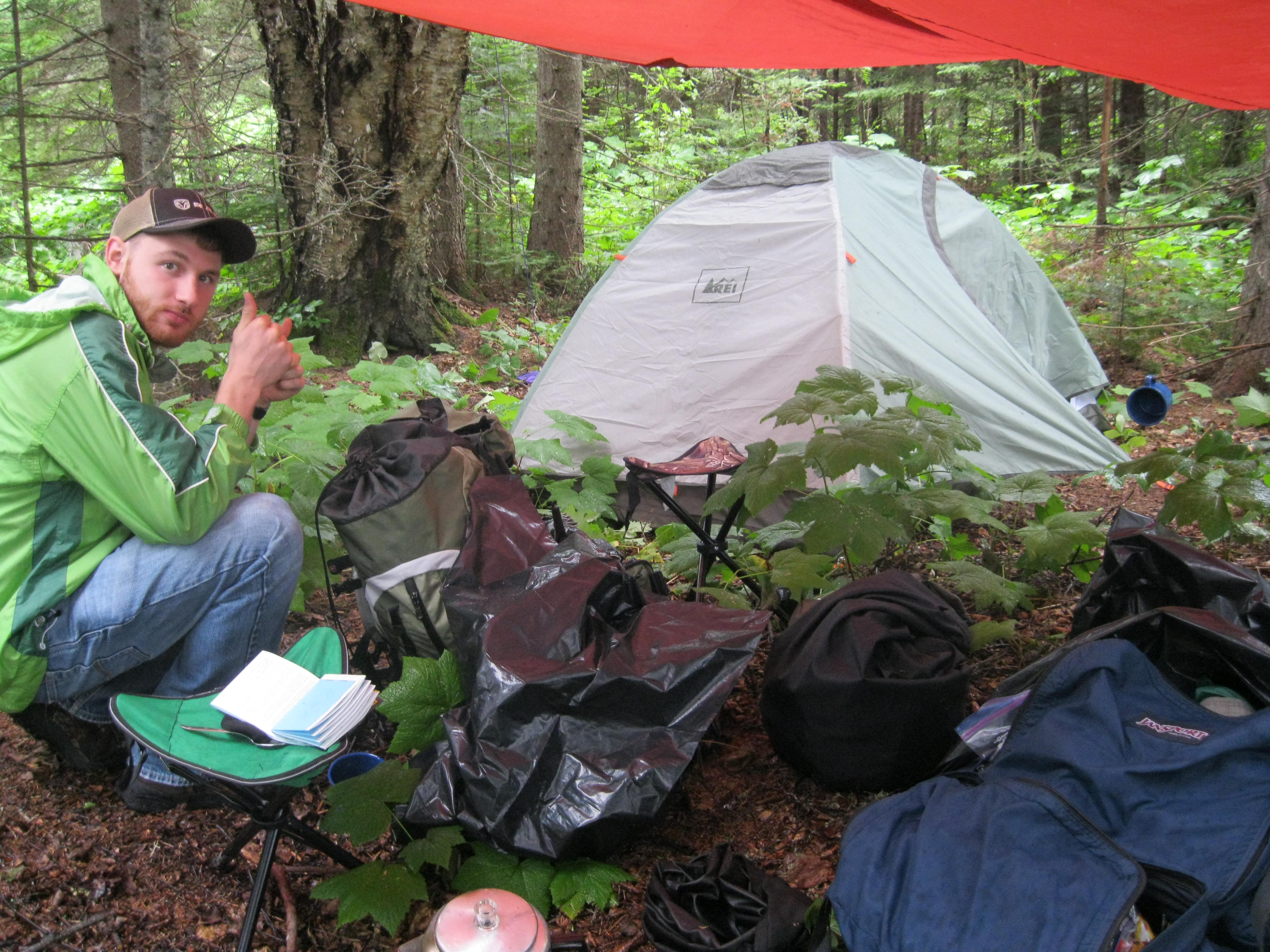
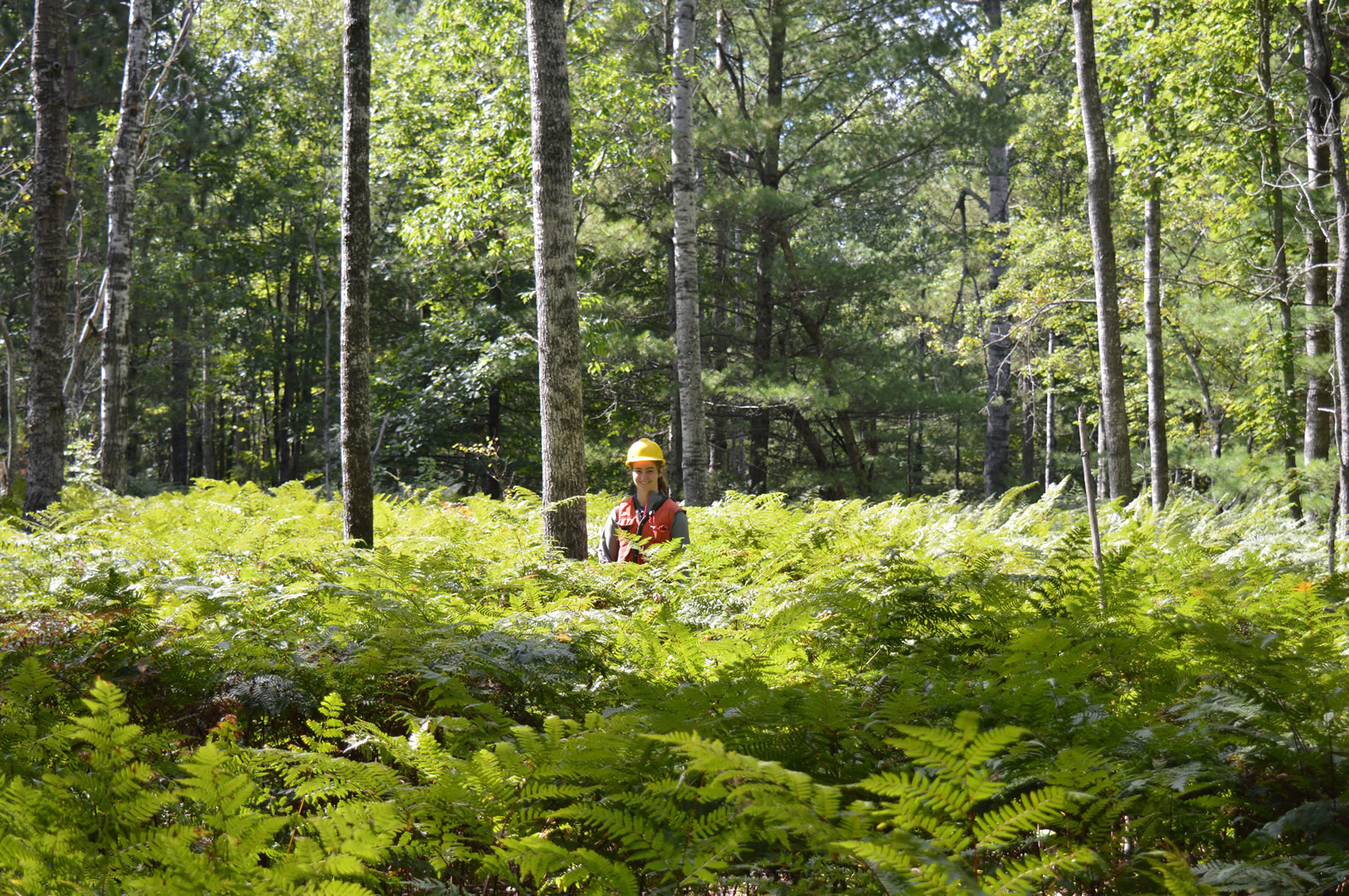
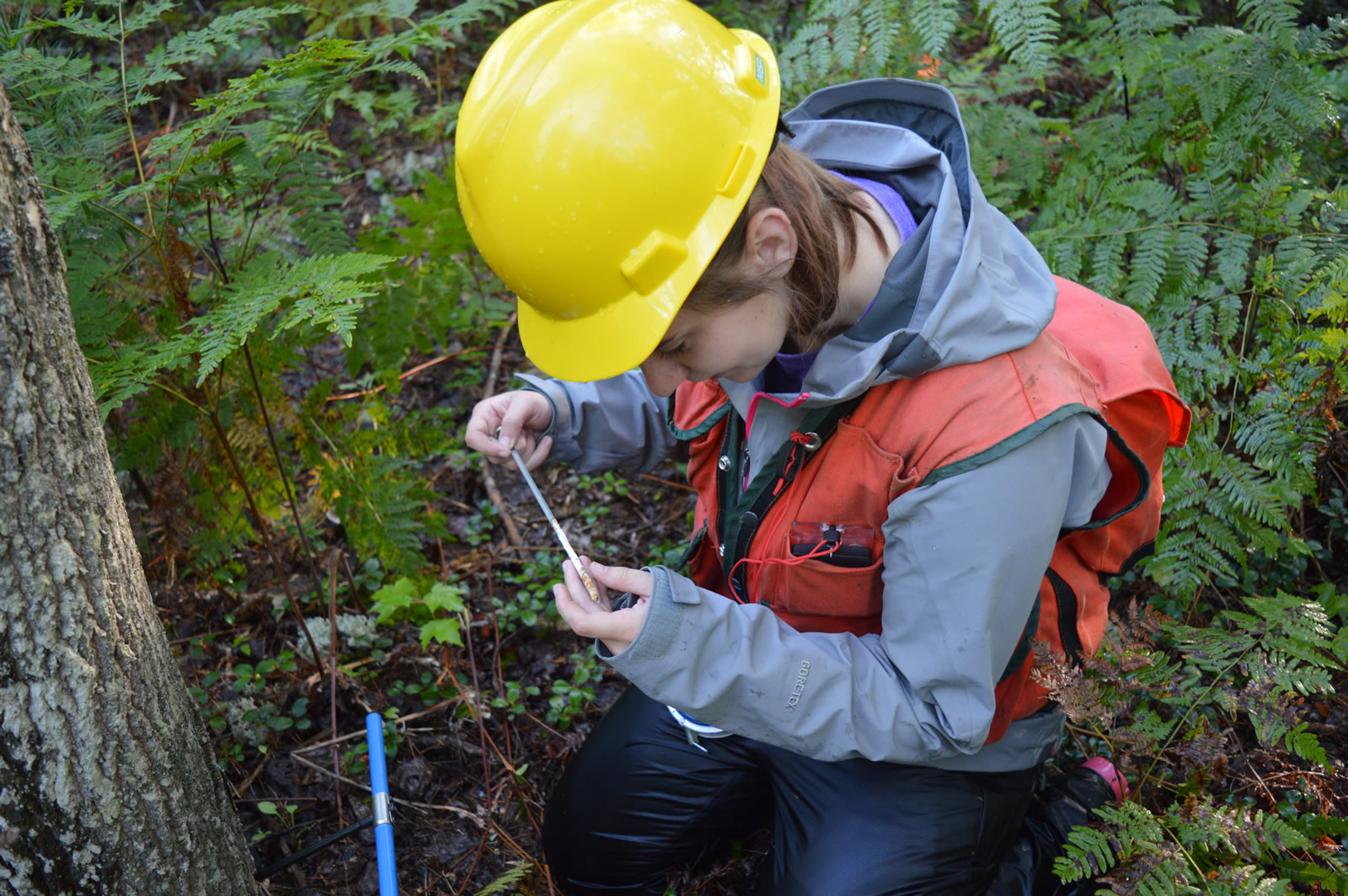
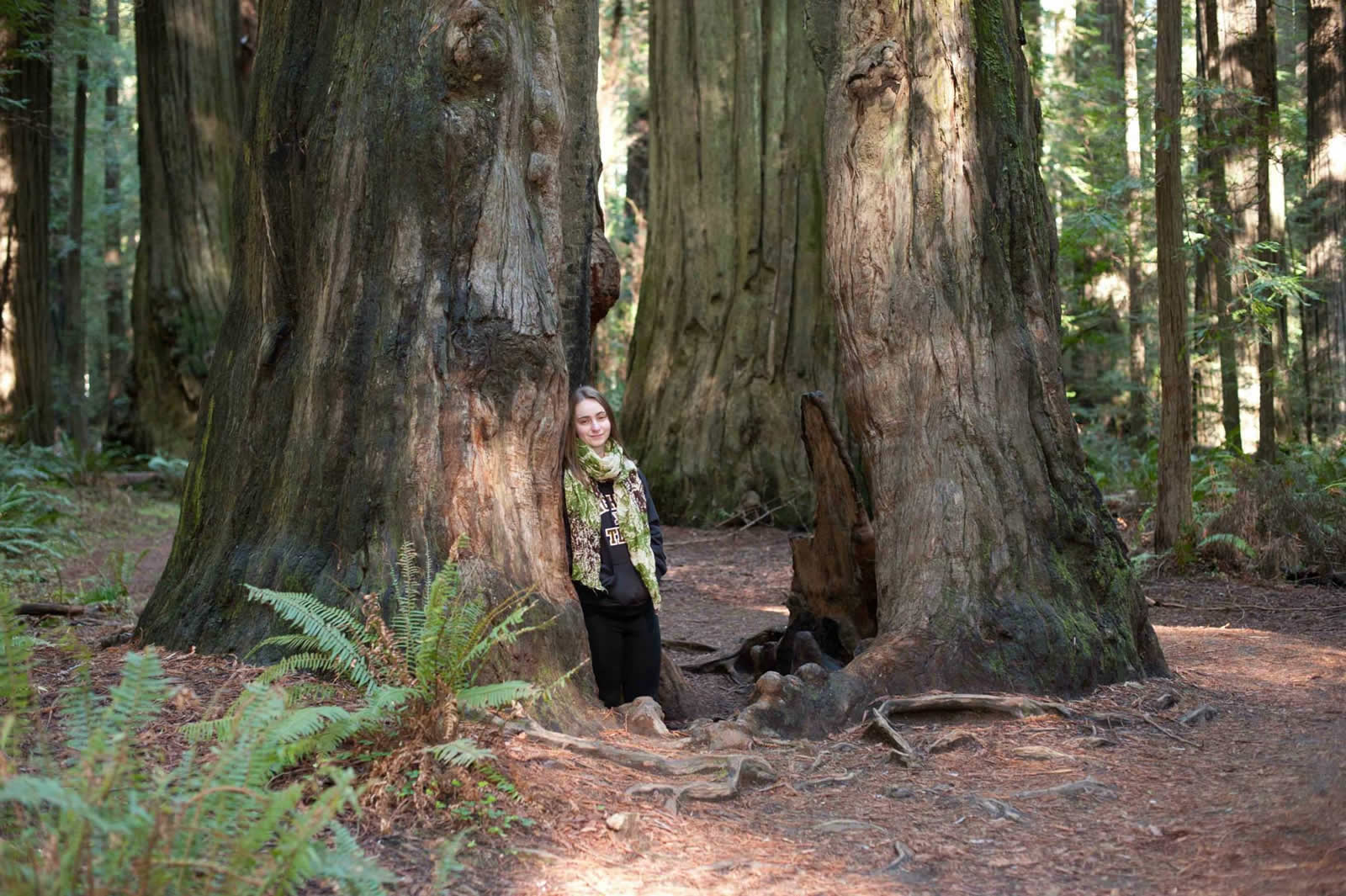
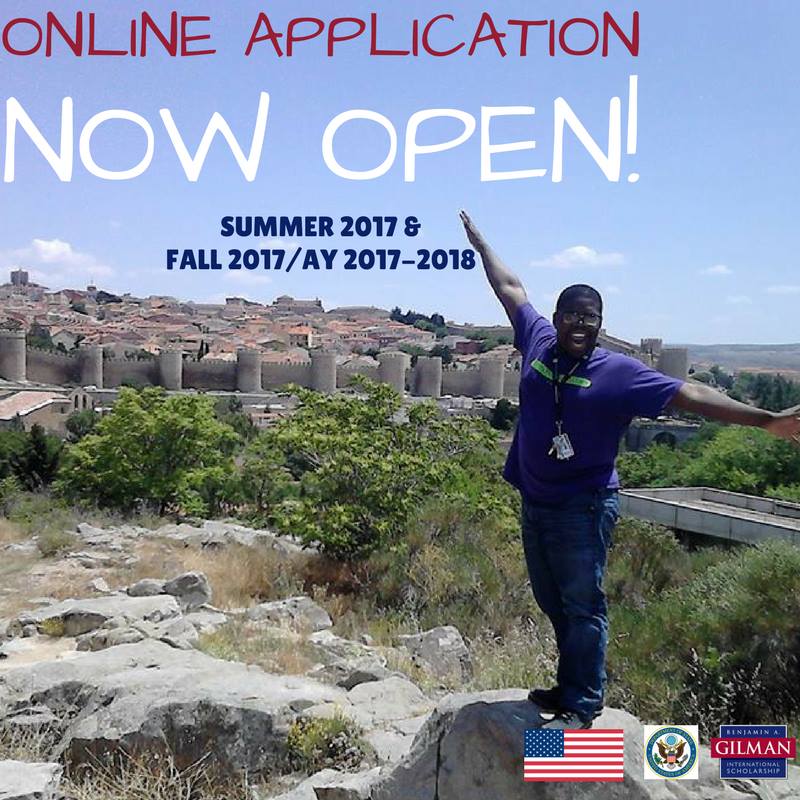

![Two businessmen are shaking hands at the meeting. [url=http://www.istockphoto.com/search/lightbox/9786622][img]http://img543.imageshack.us/img543/9562/business.jpg[/img][/url] [url=http://www.istockphoto.com/search/lightbox/9786738][img]http://img830.imageshack.us/img830/1561/groupsk.jpg[/img][/url]](https://blogs.mtu.edu/honors/files/2017/01/Industry-300x200.jpg)